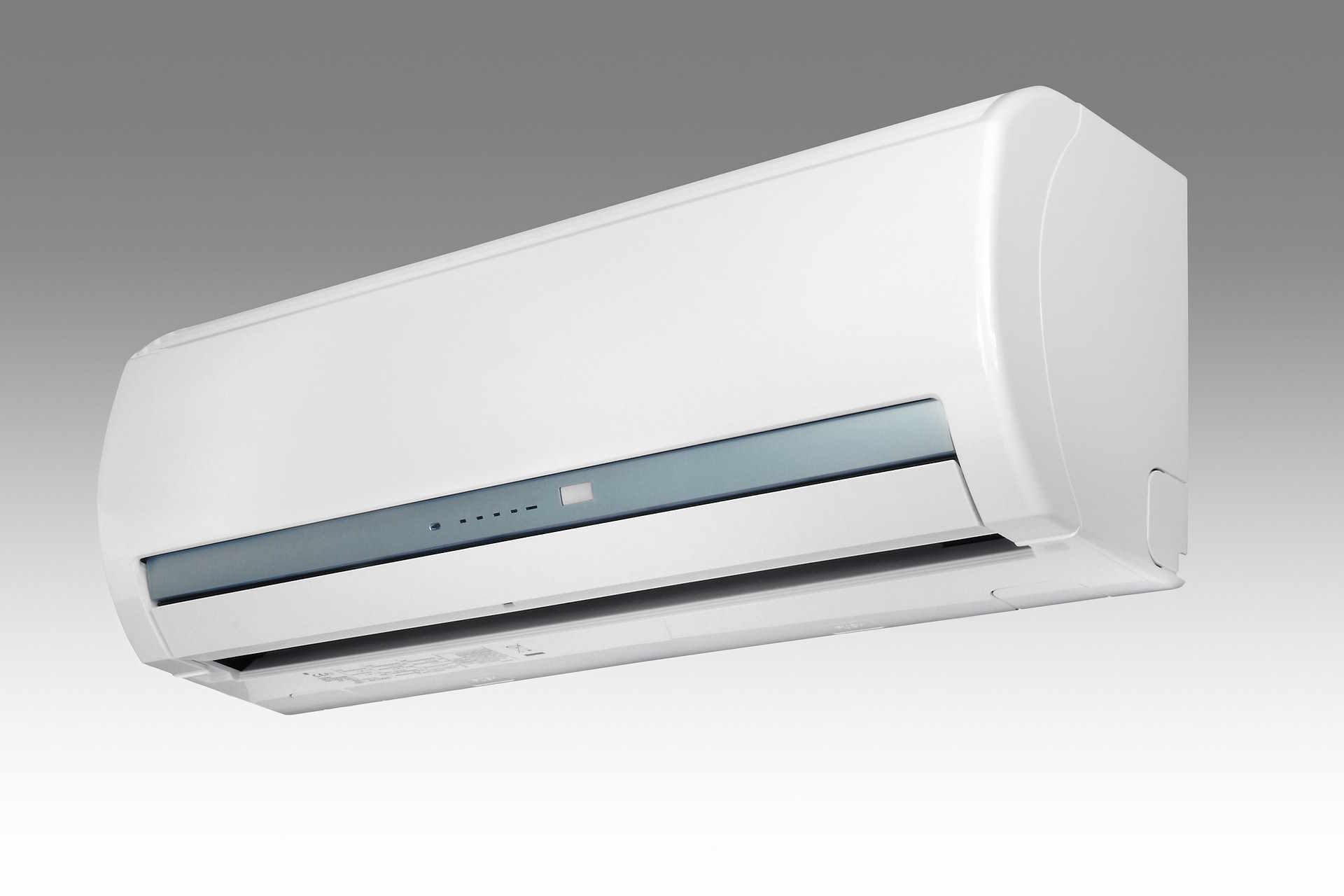Air Conditioning Systems in Turkey: A Complete Guide
Air conditioning has become an essential component of modern living in Turkey, particularly given the country's diverse climate zones ranging from Mediterranean summers to continental winters. Understanding the local market, installation requirements, and energy considerations helps homeowners make informed decisions about cooling solutions that match Turkey's specific environmental conditions and residential needs.

Popular Air Conditioning Brands in the Turkish Market
The Turkish air conditioning market features several established manufacturers and distributors. Arçelik, Vestel, and Demirdöküm represent prominent domestic brands, while international manufacturers like Daikin, Mitsubishi Electric, and Samsung maintain strong market presence. These brands have adapted their products specifically for Turkish climate conditions and consumer preferences, offering features like energy-efficient cooling and heating capabilities.
Key Features Suited for Turkish Climate Conditions
Turkish weather patterns demand specific features from air conditioning units. Inverter technology has gained significant popularity due to its ability to maintain consistent temperatures while reducing energy consumption. Multi-stage filtration systems address air quality concerns in urban areas, while heat pump functionality provides efficient heating during cooler months. Units designed for Turkish homes commonly include humidity control features to manage moisture levels during humid coastal summers.
Understanding Air Conditioning Costs and Options
| System Type | Average Cost (TRY) | Installation Cost (TRY) |
|---|---|---|
| Split Unit | 15,000 - 25,000 | 2,000 - 4,000 |
| Multi-Split | 35,000 - 60,000 | 5,000 - 8,000 |
| Central AC | 80,000 - 150,000 | 15,000 - 25,000 |
Prices, rates, or cost estimates mentioned in this article are based on the latest available information but may change over time. Independent research is advised before making financial decisions.
Energy Efficiency Considerations for Turkish Residences
Energy efficiency ratings play a crucial role in Turkish households’ cooling solutions. The national energy labeling system helps consumers identify units with optimal performance ratios. Modern inverter systems typically achieve higher efficiency ratings, potentially reducing electricity consumption by 30-50% compared to conventional units. Smart features like programmable timers and zone control further enhance energy management capabilities.
Installation Requirements and Regulations
Installation of air conditioning systems in Turkey must comply with specific regulatory requirements. Professional installation is mandatory for warranty validation, and technicians must be certified according to national standards. Building regulations often require external unit placement considerations, particularly in historical districts or apartment complexes. Proper installation includes appropriate drainage systems, correct refrigerant charging, and compliance with noise regulations.
Maintenance and Operating Recommendations
Regular maintenance ensures optimal performance and longevity of air conditioning systems in Turkish environments. Annual professional servicing is recommended before the peak cooling season, typically in late spring. Filter cleaning should occur monthly during heavy use periods, while complete system cleaning is advised every six months. These maintenance practices help maintain efficiency and prevent common issues related to Turkey’s varying climate conditions.




